Empowering Mongolia’s Rural Youth: Save the Children and the World Bank Celebrate Completion of Entrepreneurship and Socioemotional Skills Project
Ulaanbaatar, Mongolia – Save the Children, in partnership with the World Bank, successfully concluded the “Entrepreneurship-Focused Socioemotional Skills for the Most Vulnerable Youth in Rural Mongolia” project with a closing seminar held on June 3, 2025, in Ulaanbaatar.
The project, implemented across 29 soums in Khovd, Zavkhan, Uvurkhangai, Govi-Sumber, and Sukhbaatar aimags (provinces), was funded by a trust fund scheme of the World Bank, the Japan Social Development Fund (JSDF). It aimed to enhance school performance and support the transition of children and youth aged 14–25 into self-employment and becoming productive citizens through targeted socioemotional skills development and entrepreneurship education tailored to Mongolia’s rural context.
The closing seminar brought together national and local stakeholders, and featured opening remarks from:
- H.E. Mr. Masaru Igawahara, Ambassador Extraordinary and Plenipotentiary of Japan to Mongolia
- Mr. Salman Asim, Senior Economist and Task Team Leader, World Bank
- Mr. L. Bayan-Altai, Country Manager and Representative of Save the Children in Mongolia
Ambassador Extraordinary and Plenipotentiary of Japan to Mongolia Igawahara Masaru: The project fostered strong collaboration among local governments, the private sector, and citizens, creating a shared commitment to youth development. I believe that the young people who have participated in the project will not only unlock their potentials by improving their own skills, but also contribute more broadly. They can become engines of growth in their communities, generating new businesses and opportunities in rural Mongolia. We look forward to seeing their continued success.
World Bank Senior Economist, task team leader Salman Asim: The project began with a clear and urgent purpose: to equip Mongolia’s most vulnerable rural youth with the socioemotional and entrepreneurial skills needed not just to succeed in school, but to thrive in life. In contexts where formal employment is limited especially in remote soums self-employment is often the most realistic and empowering path. This project was never just about training. It was about building inclusion, dignity, and opportunity. It specifically targeted youth who are often overlooked young women, school dropouts, adolescents from nomadic households, and those outside the formal education system.
Country Manager and Representative of Save the Children Japan in Mongolia L.Bayan-Altai: Within the framework of this project based on a systems theory, we have developed an ESEL ecosystem by taking a holistic approach to develop and prepare children and youth for the future. This ecosystem will be the compass and guide for ensuring the sustainability of our project. We would like to express our gratitude to the Ministry of Education, the General Authority of Education, who supported the project from the beginning and the aimag and soum administrations, schools, teachers, partners, project consultants and the project team, who played a significant role in the success of the project.
As part of the initiative, an innovative Entrepreneurship-Focused Socioemotional Skills Learning (ESEL) program was developed and introduced to meet the unique needs of local children and youth. The program provided students with practical, activity-based learning opportunities to strengthen their socioemotional competencies critical for navigating both personal and professional challenges.
A total of 594 ESEL teachers and counselors were trained, including 50 Master Teachers certified to train other educators. The program reached 8,773 children and youth across 35 secondary schools, 25 lifelong learning centers, and 6 technical and vocational education and training (TVET) centers in 29 soums across five aimags.
The closing seminar was attended by representatives from all five participating aimags—Khovd, Uvurkhangai, Zavkhan, Sukhbaatar, and Govisumber. Key provincial leaders present included:
- H. Baasankhuu, Head of the Khovd Aimag Governor’s Office and Chair of the Project’s Aimag-Level Council
- B. Sainjargal, Head of the Social Policy Department, Uvurkhangai Aimag Governor’s Office
- D. Uujhimsanaa, Deputy Governor, Zavkhan Aimag
- L. Narangarav, Senior Education Specialist, Social Development Department, Sukhbaatar Aimag Governor’s Office
- D. Sodnom, Head of the Govisumber Aimag Governor’s Office
Their participation reflected strong local government ownership and a shared commitment to sustaining and scaling the project’s impact across rural Mongolia.
Head of Khovd aimag governor’s office, and Head of the project Aimag level council H.Baasankhuu: This project is one of the most successful projects implemented in Khovd aimag. Together with the ESEL teachers we are interested in scaling up this project to non-target soums. Our aimag is planning to support this work”.
Deputy Governor of Zavkhan aimag D.Uujhimsanaa: I would like to express my gratitute to the Japan Social Development Fund, the World Bank, and Save the Children for investing in the future of our country by providing children and youth of Mongolia’s 25 remote soums of five aimags, with the globally trending socio-emotional skills and entreprenship education. Over the past 5.5 years, 1,947 children and youth of six target soums in Zavkhan aimag have successfully participated in the ESEL training, and implemented 72 small projects worth 204 million tugriks, and tested and developed their ideas into businesses. Although the project is coming to an end, the ESEL training, which became a brand itself, has been proposed by Zavkhan aimag, together with Save the Children to be implemented in 24 soums of Zavkhan aimag in stages until 2028. The parties are discussing possible solutions, believing that it is utmost important to develop socio-emotional skills of children and youth in remote soums, prepare them for the future labor market, and focus on human development.
The ESEL program has been formally integrated into Mongolia’s Vocational Education curriculum. During the 2024–2025 academic year, the program reached approximately 10,000 second-year students across all TVET centers and Polytechnic Colleges nationwide.
As part of the program’s practical component, 1,471 out of 3,286 ESEL graduates successfully passed a sub-grant competition, forming teams to address real-life challenges within their communities. These teams implemented a total of 360 small-scale projects, each receiving up to USD 1,000 in funding—providing a valuable platform to apply and reinforce the knowledge, skills, and entrepreneurial mindset developed through the ESEL curriculum.
In addition, the project supported a School-Based Enterprise initiative in six target schools across five aimags, successfully piloting entrepreneurship education at the local level. This initiative aimed to institutionalize entrepreneurial thinking and business skills within the school environment, fostering practical learning and local innovation among students.
Head of the Govisumber aimag governor’s office D.Sodnom: Firstly, it was a great project that had a positive impact on the business mindset, teamwork skills and other socio-emotional skills of the students who participated in the project. Secondly, the project made contribution on capacity building of aimag and soum government staff, school staff, teachers, and business coaches. In order to sustainably continue the project, this year, we are supporting and allocating 52 million tugriks in our aimag budget.
Head of the Social policy department of Uvurkhangai aimag governor’s office B.Sainjargal: The project have created significant results that cannot be measured. Therefore, it is important to localize this project at the aimag and soum level. The aimag authorities and the project Aimag Level Council are taking initiatives in this regard. In addition, five business coaches, 211 mentors, and 224 peer mentors were trained at the local level and involved in project activities, which supported the development of socio-emotional skills of children and youth.
To ensure long-term impact, the “Entrepreneurship-Focused Socioemotional Skills for the Most Vulnerable Youth in Rural Mongolia” project developed a comprehensive sustainability strategy, which was submitted to the General Authority of Education. (The strategy document is available in Mongolian here.)
Several aimags have already taken concrete steps to integrate the ESEL program into their local education and youth development agendas:
- Zavkhan aimag has proposed continued financing for the project, including coverage of salaries for Save the Children’s local staff, and plans to formalize collaboration through an agreement with Save the Children.
- Khovd aimag intends to scale the program across the province under its approved “Khovd Future Education Program”, and has requested ongoing technical support.
- Govisumber, Sukhbaatar, and Uvurkhangai aimags have initiated the introduction of the ESEL program into non-target soums by allocating dedicated budgets and issuing related orders and guidelines.
These efforts reflect strong local ownership and a shared vision for sustaining the project’s achievements beyond its initial implementation period.
The project closing seminar brought together over 200 participants, including representatives from the Ministry of Education, Ministry of Labor and Social Protection, other relevant government ministries, the Embassy of Japan, the World Bank, local government officials from target aimags and soums, school staff, youth beneficiaries, and both international and national non-governmental organizations.
Save the Children extends its sincere appreciation to all stakeholders and partners who have supported the project over the past five years, enabling its successful implementation and delivering meaningful impact for rural children and youth across Mongolia.
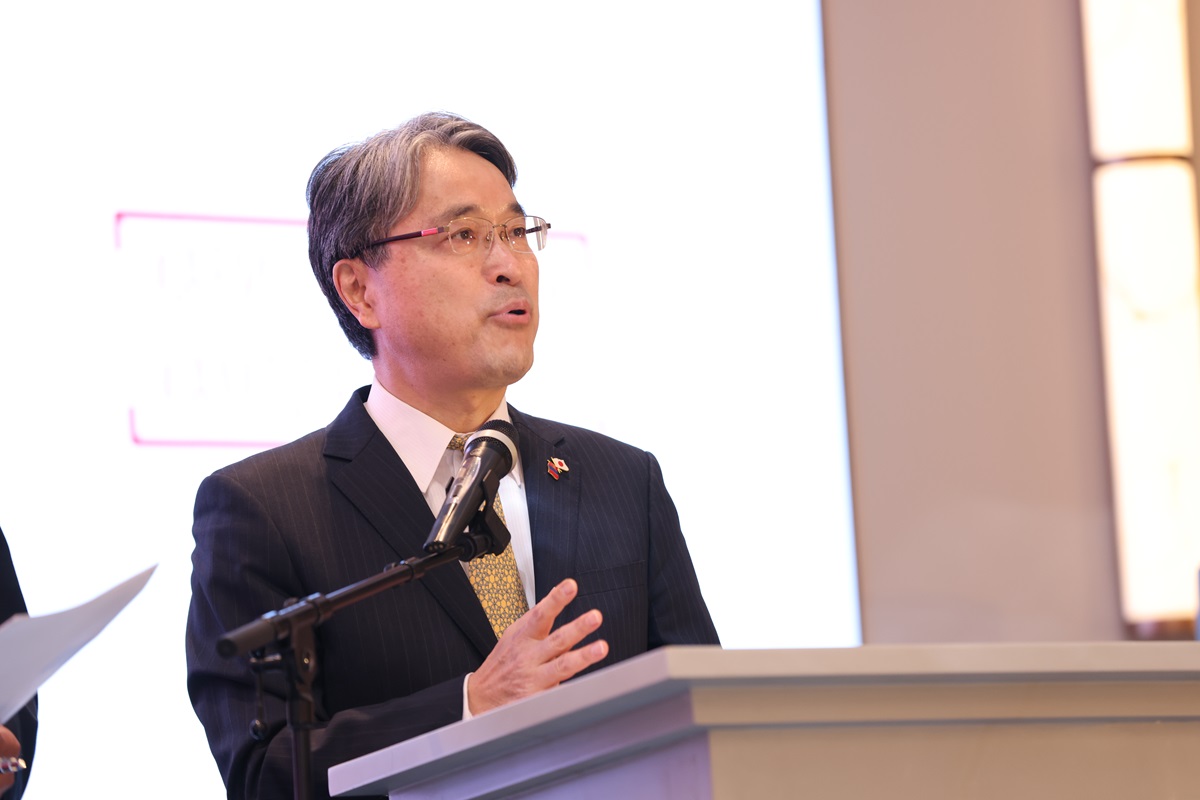
H.E. Mr. Masaru Igawahara, Ambassador Extraordinary and Plenipotentiary of Japan to Mongolia
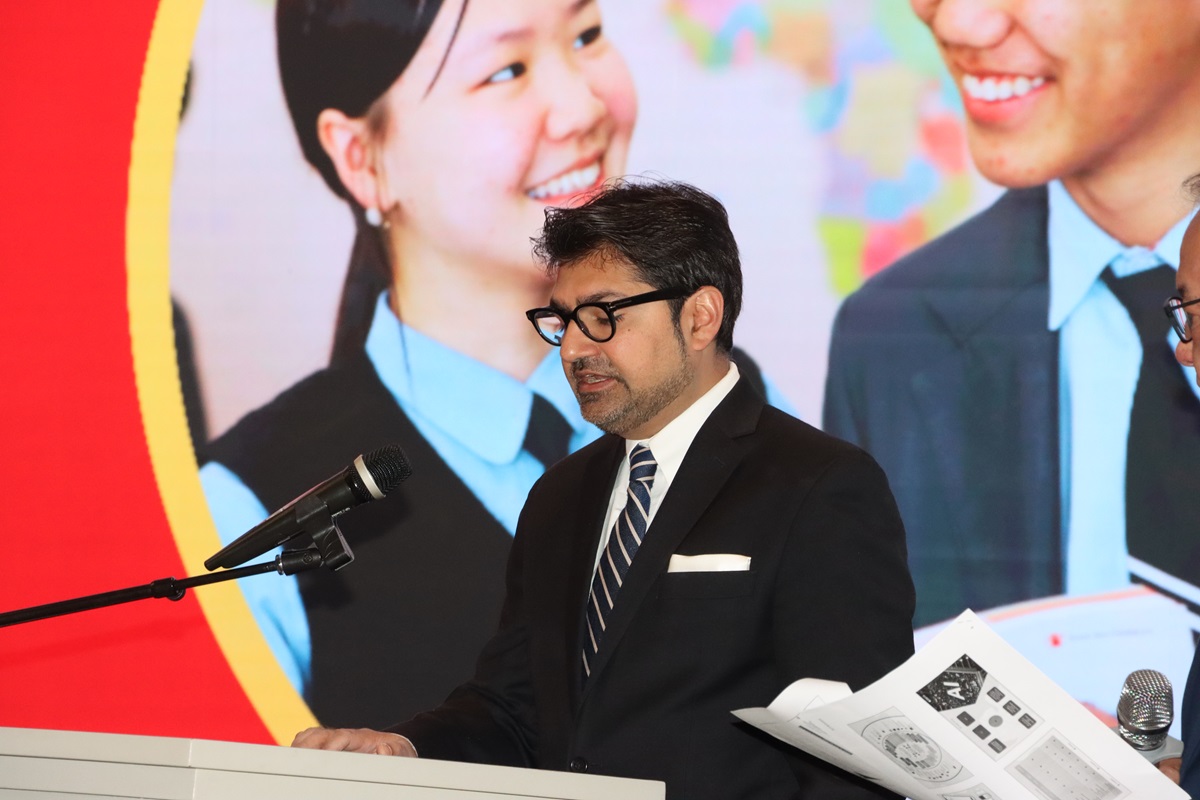
Mr. Salman Asim, Senior Economist and Task Team Leader, World Bank
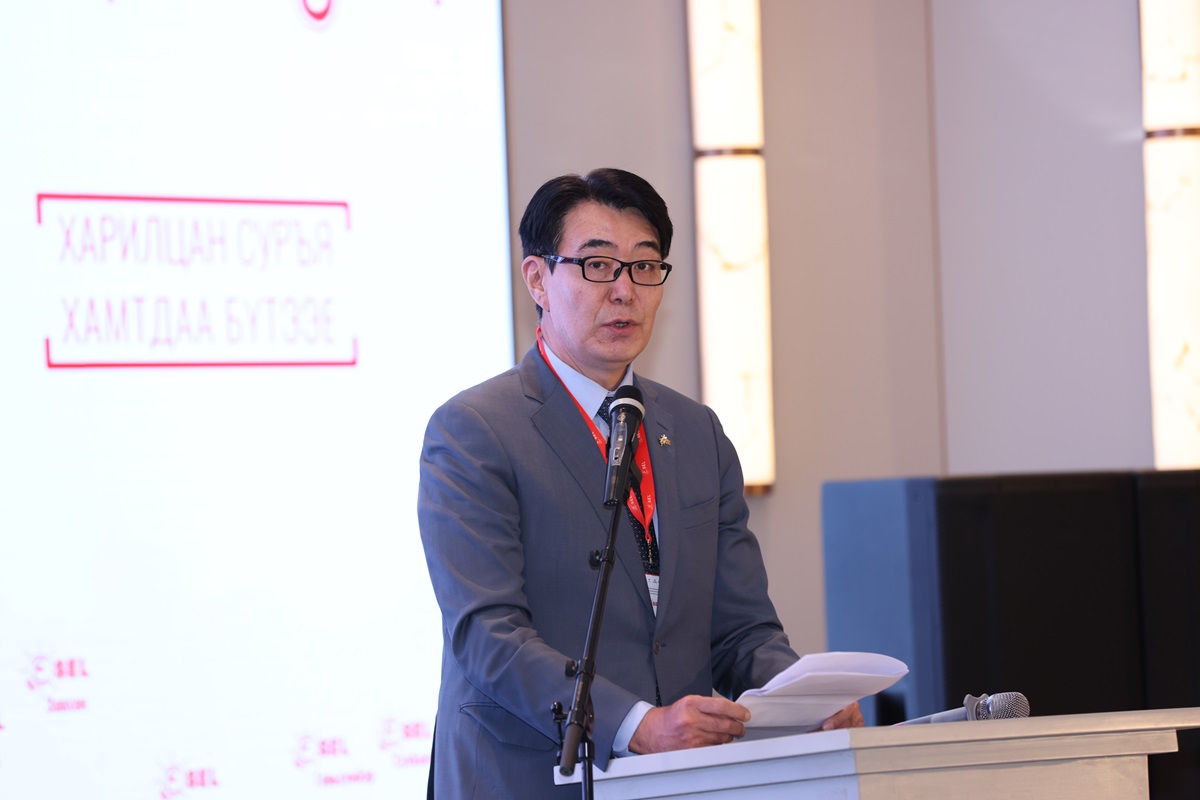
Mr. L. Bayan-Altai, Country Manager and Representative of Save the Children in Mongolia
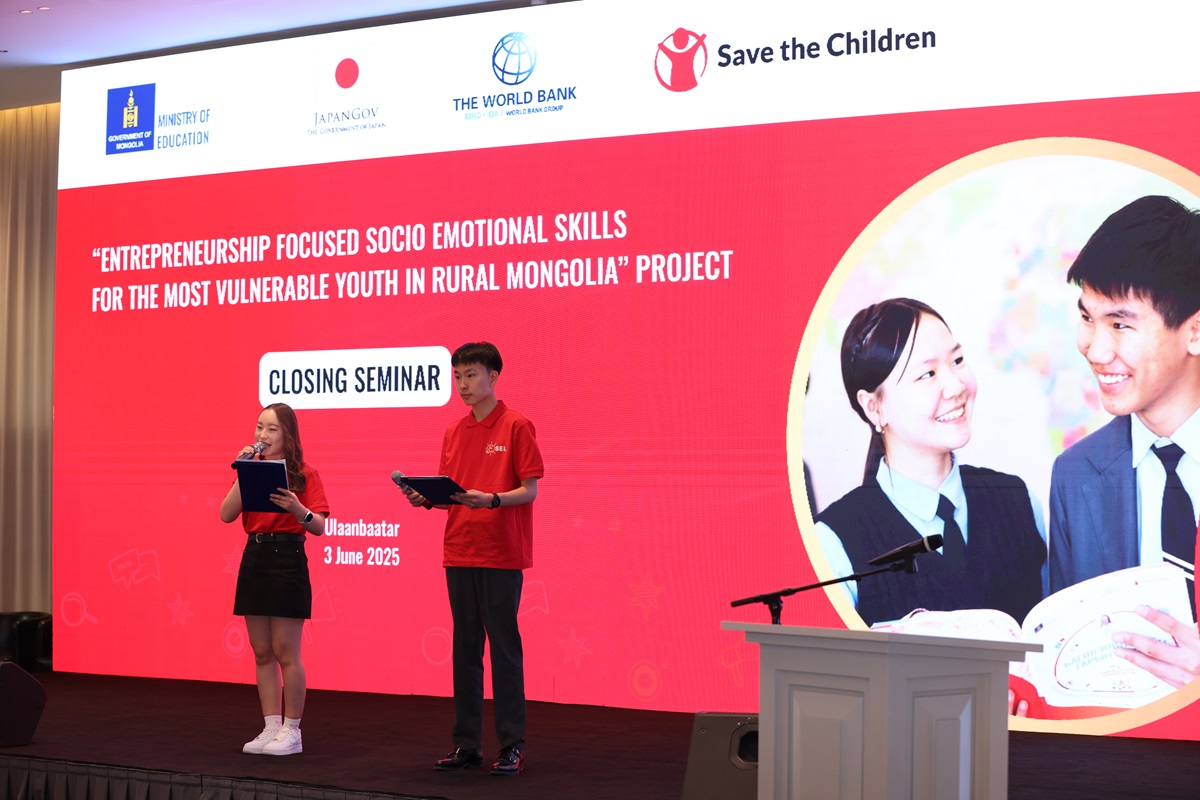
ESEL graduates hosted the closing seminar
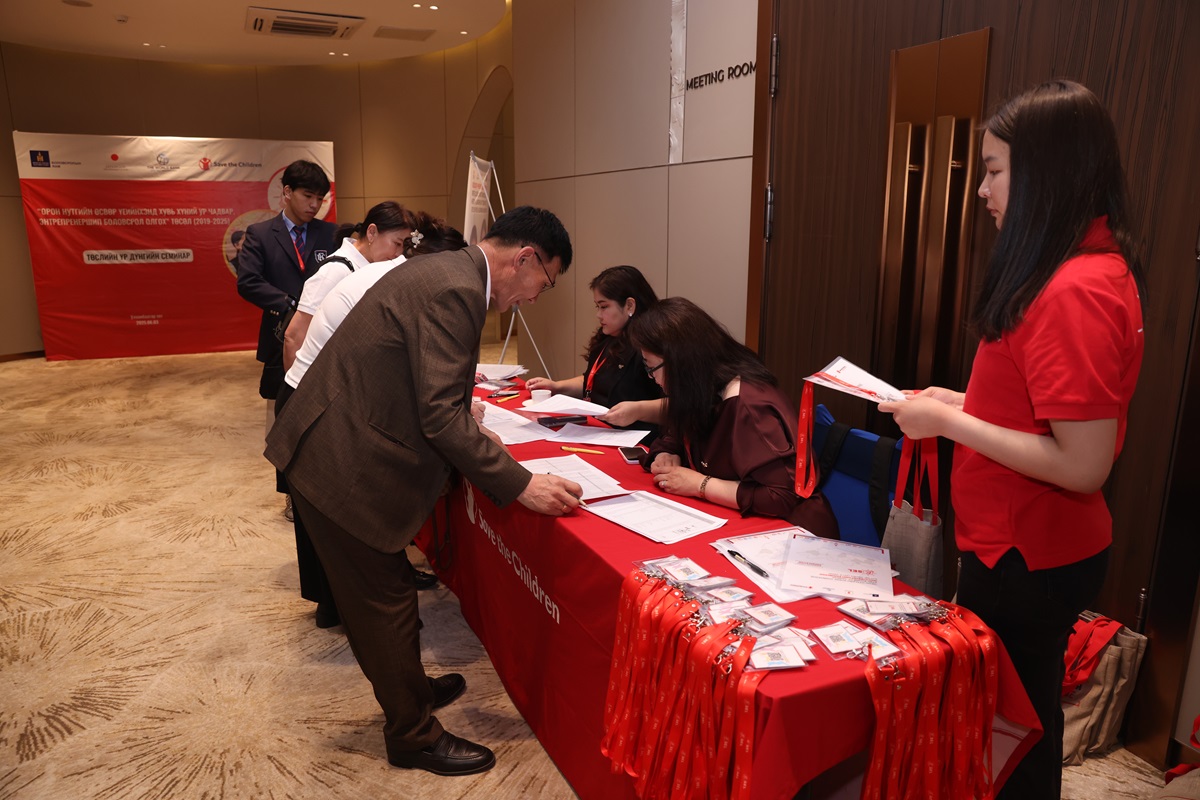
Participants registering for the closing seminar
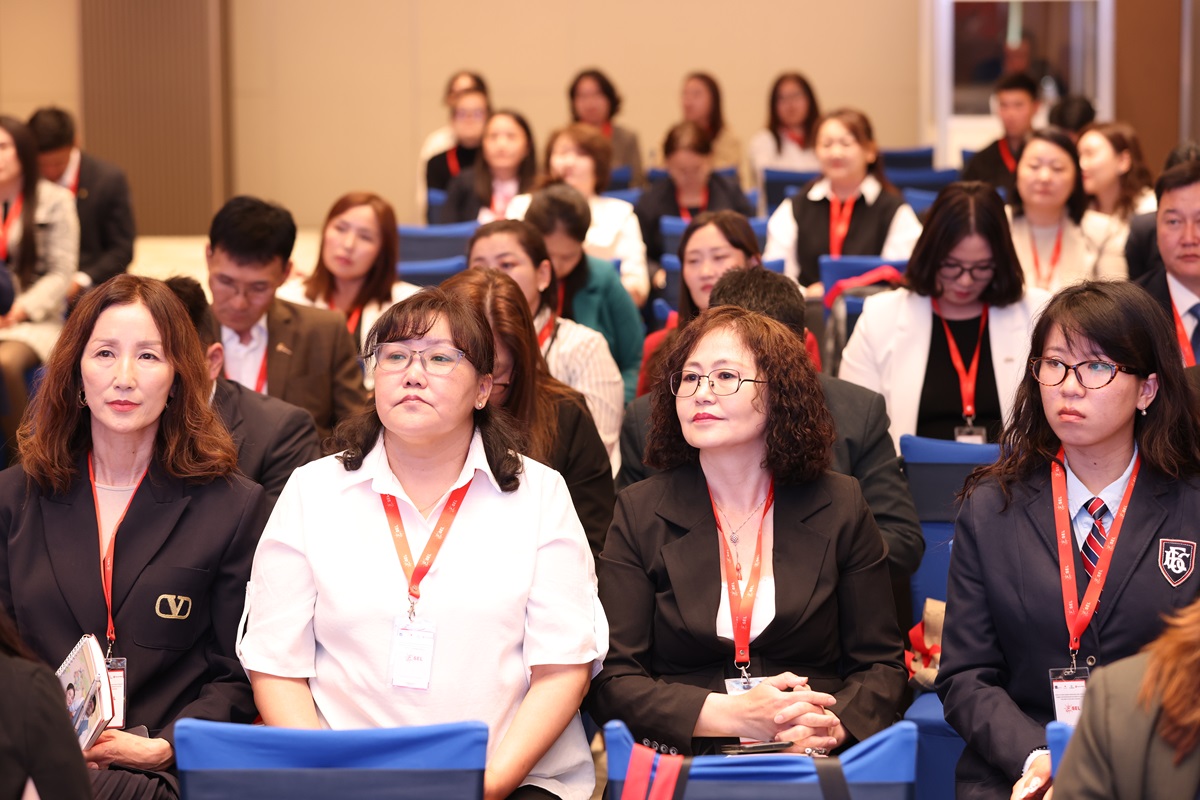
The closing seminar participants
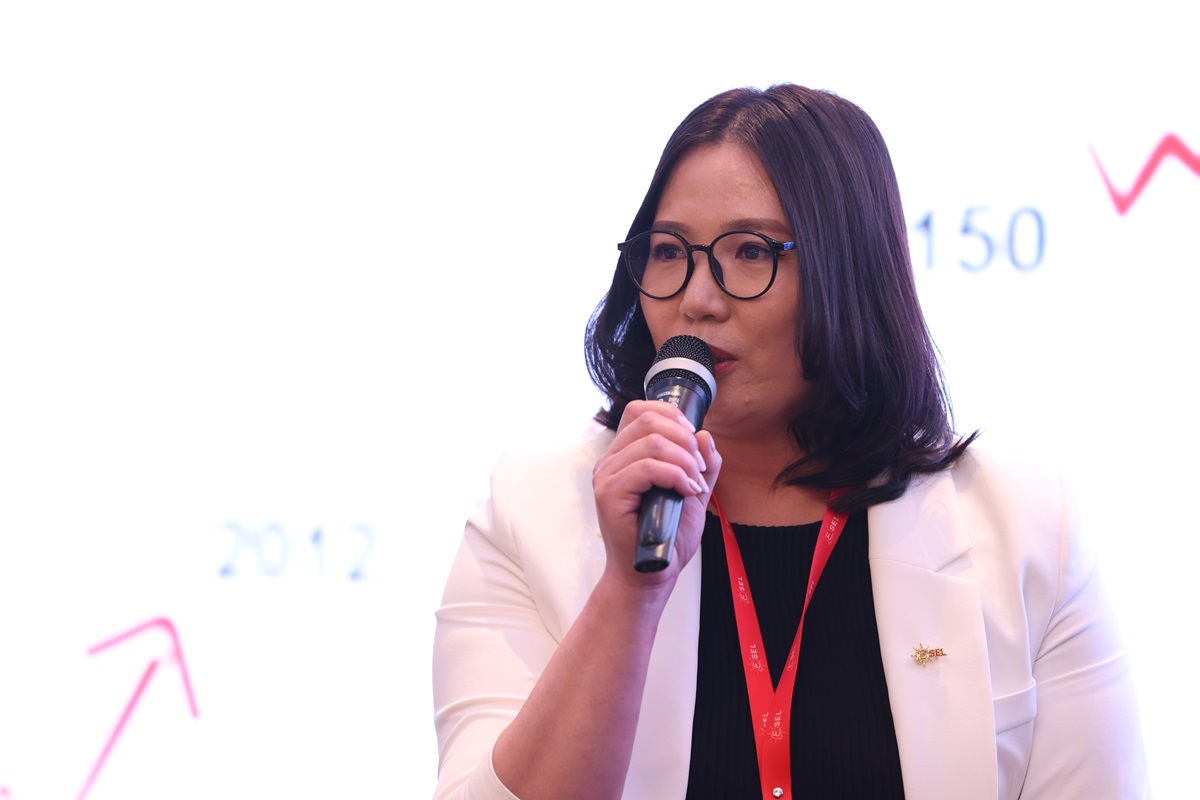
Panel discussion for school based enterprise
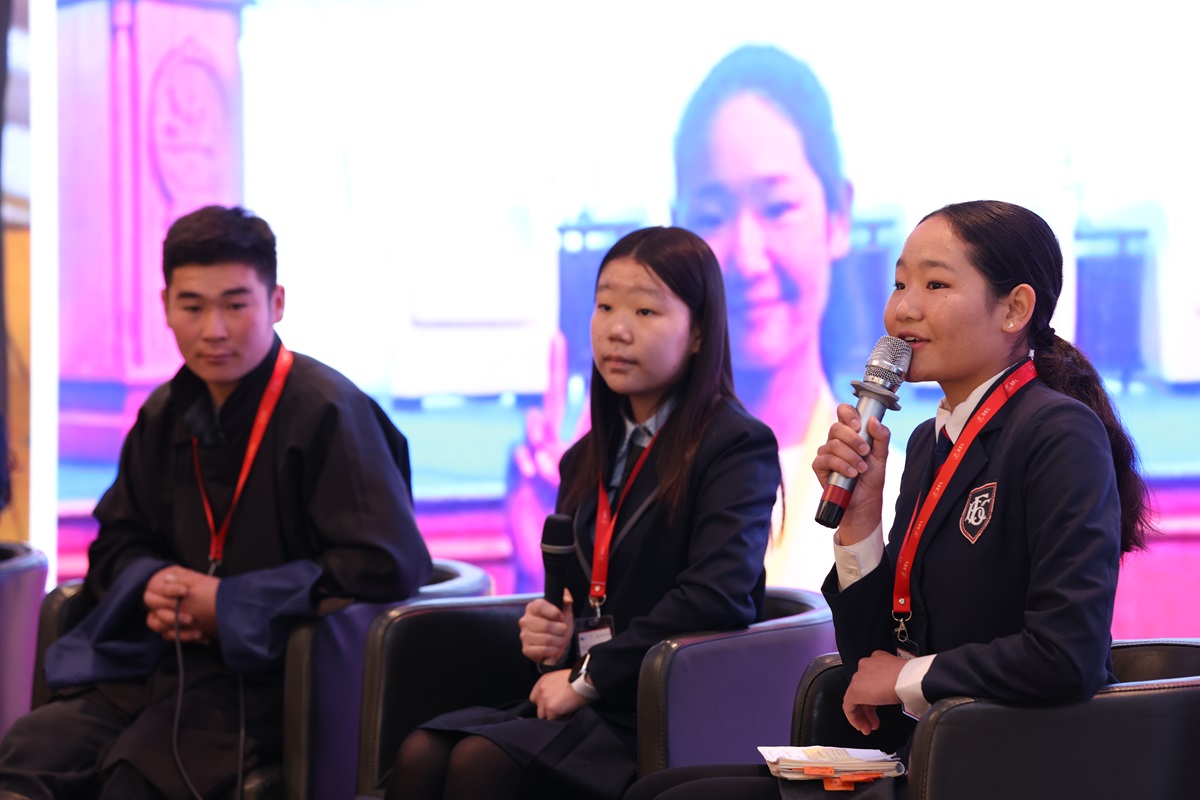
Panel discussion for ESEL graduates
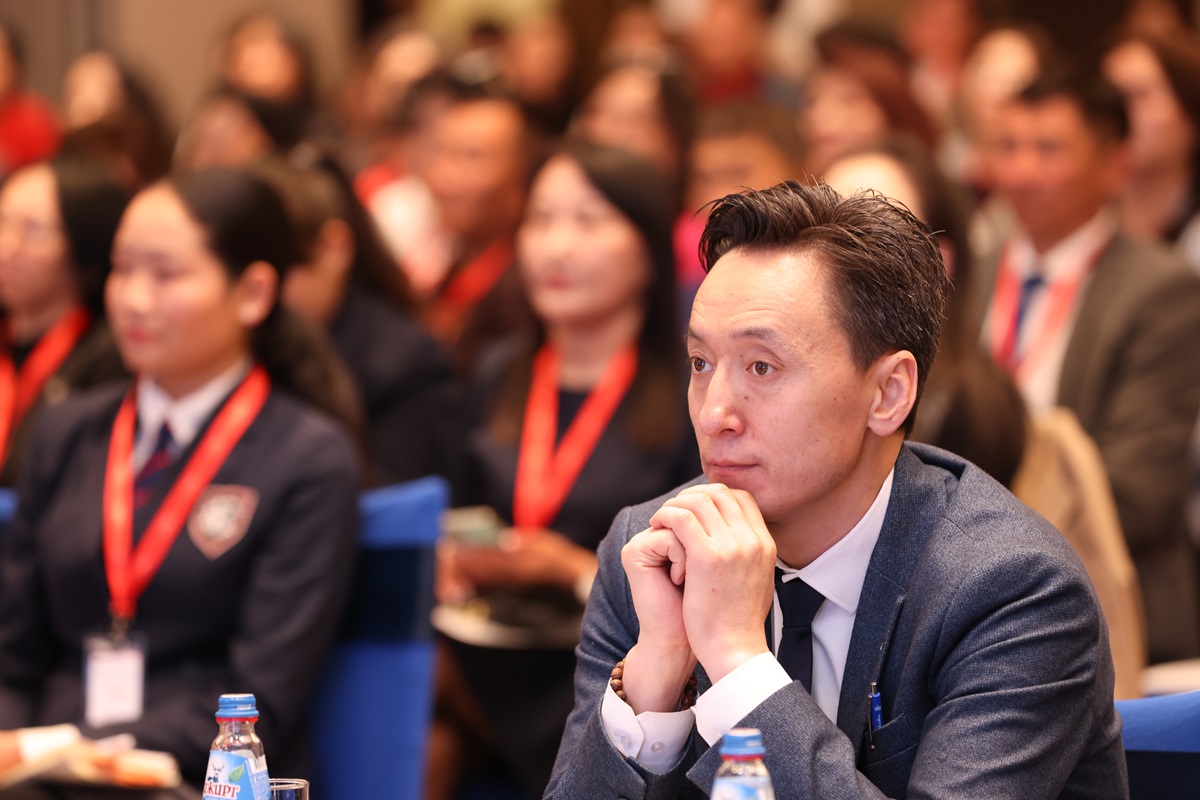
The closing seminar participants
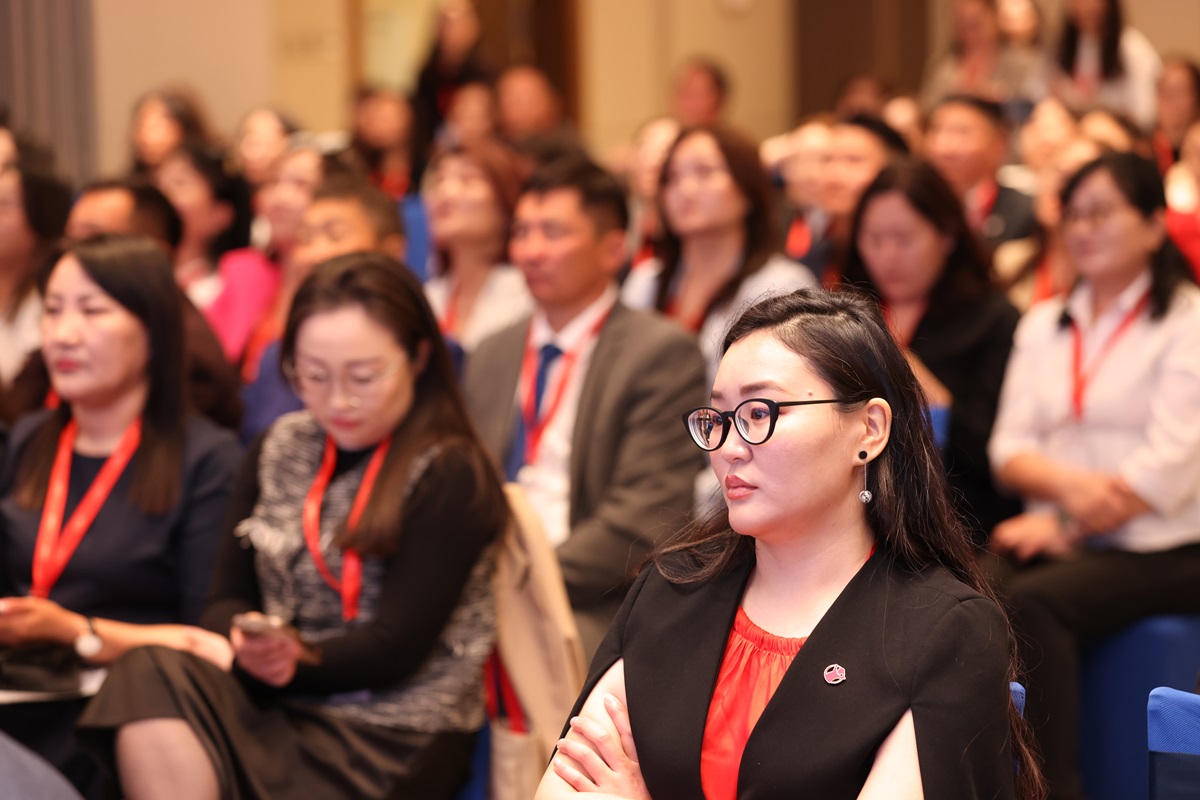
The closing seminar participants
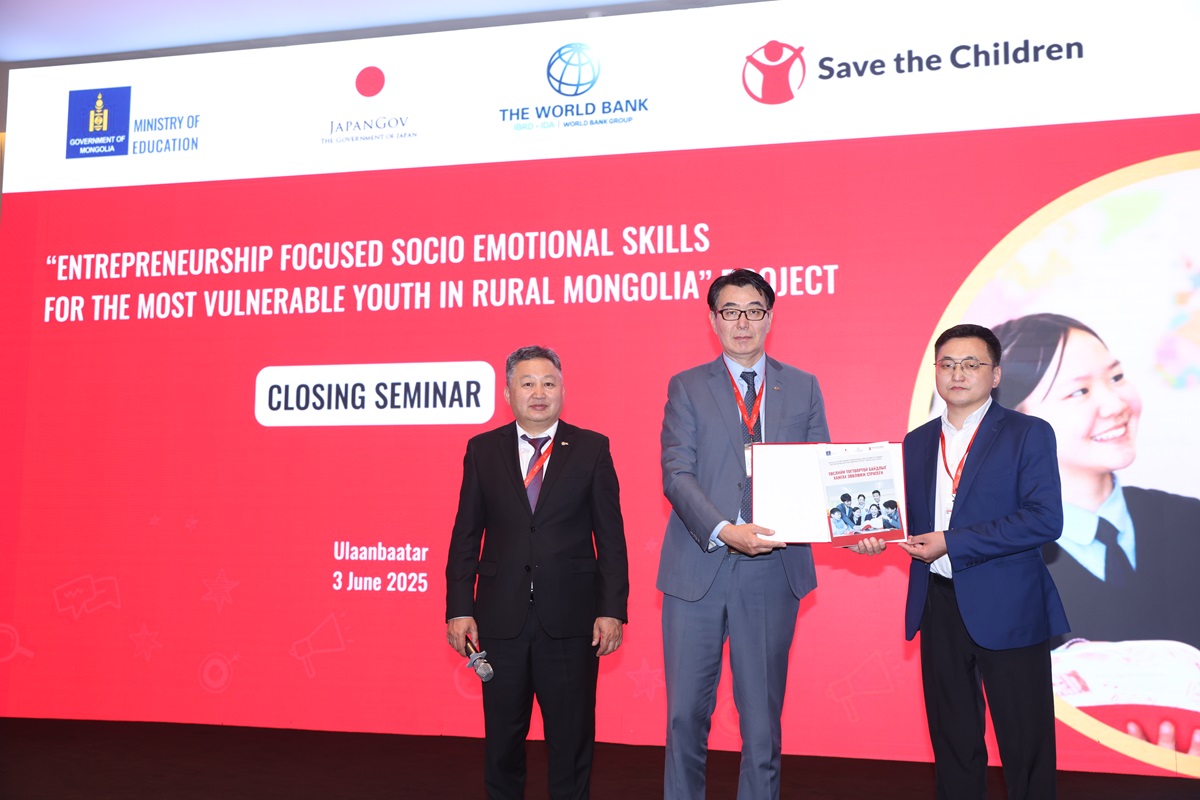
Save the Children submitted a comprehensive sustainability strategy to the General Authority of Education
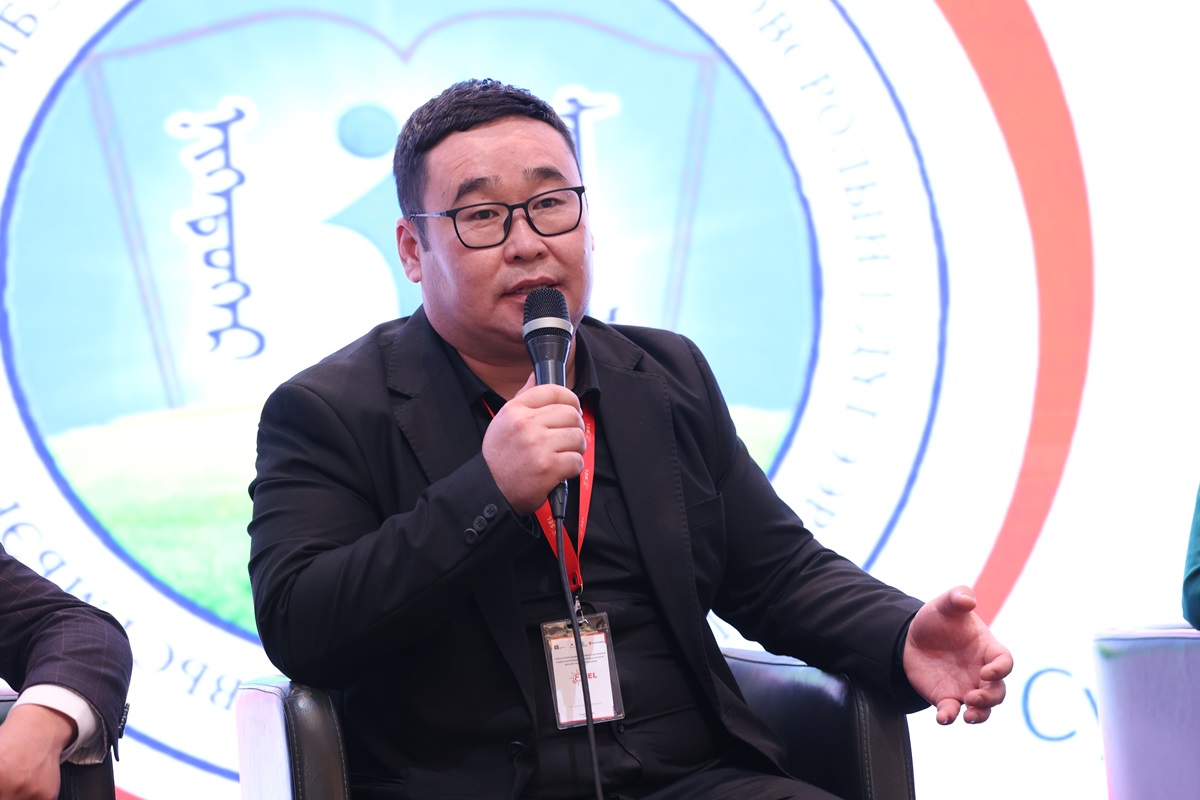
Panel discussion for school based enterprise
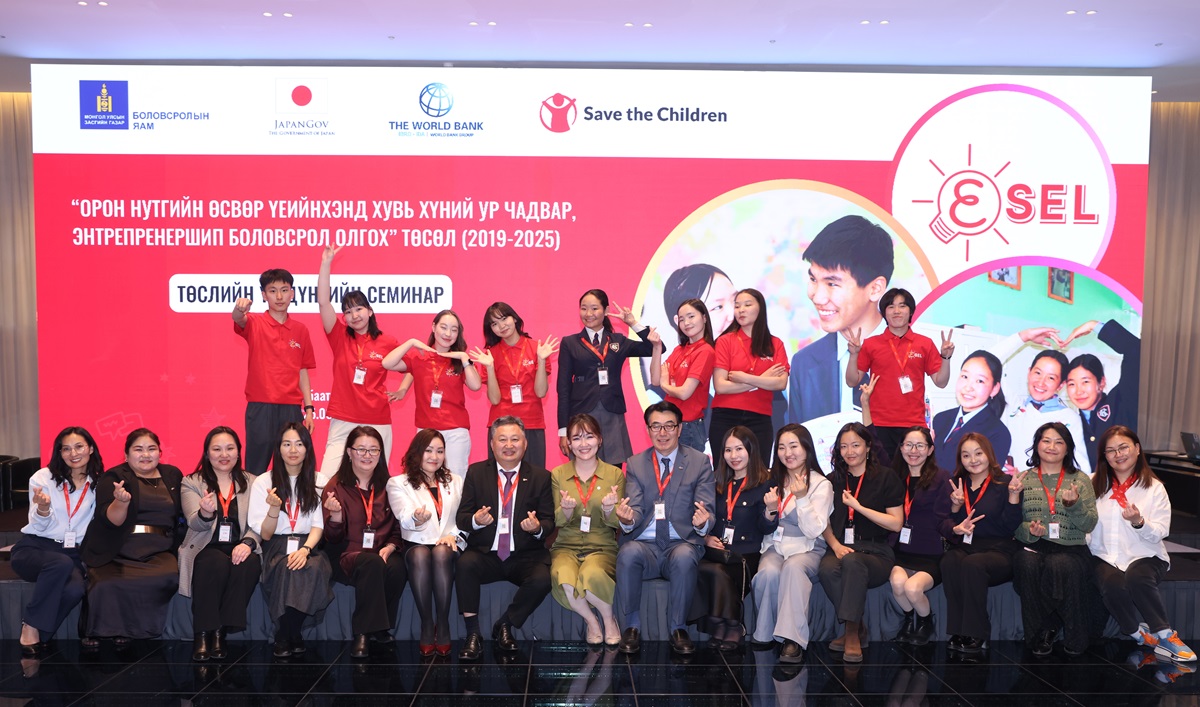
The team members of the “Entrepreneurship-Focused Socioemotional Skills for the Most Vulnerable Youth in Rural Mongolia” project
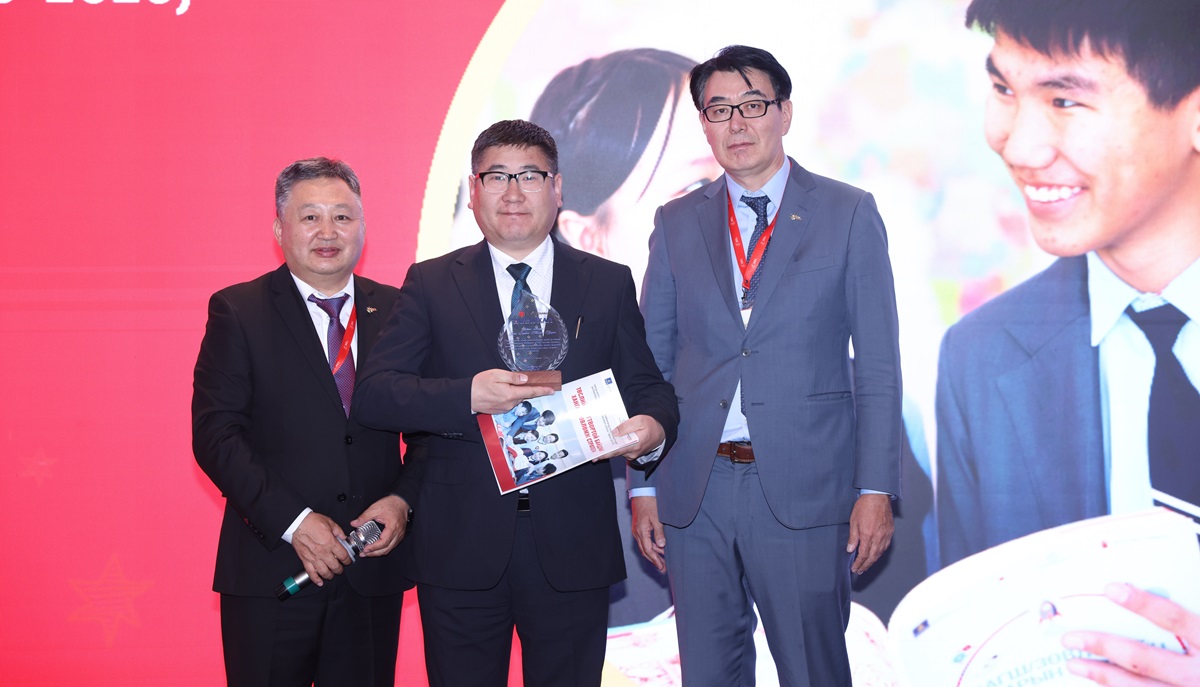
A trophy of appreciation was presented to the project Aimag level councils

